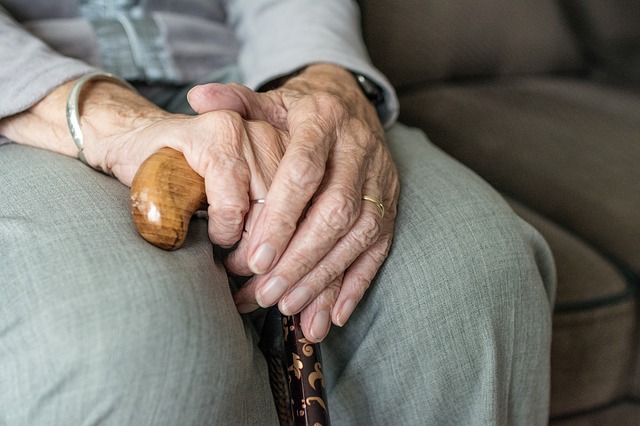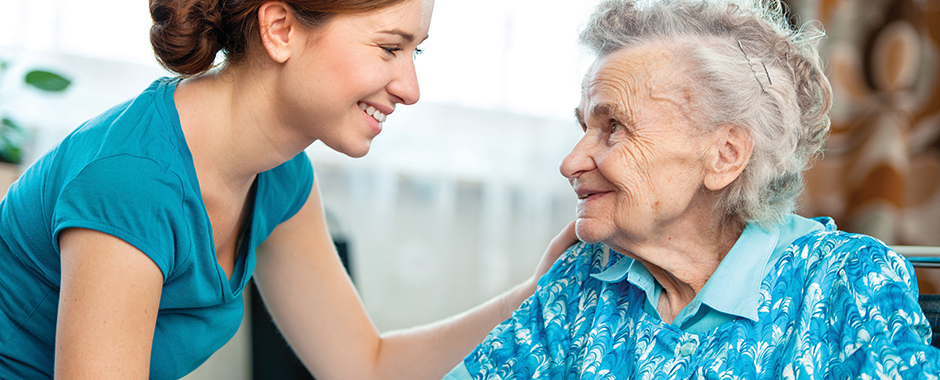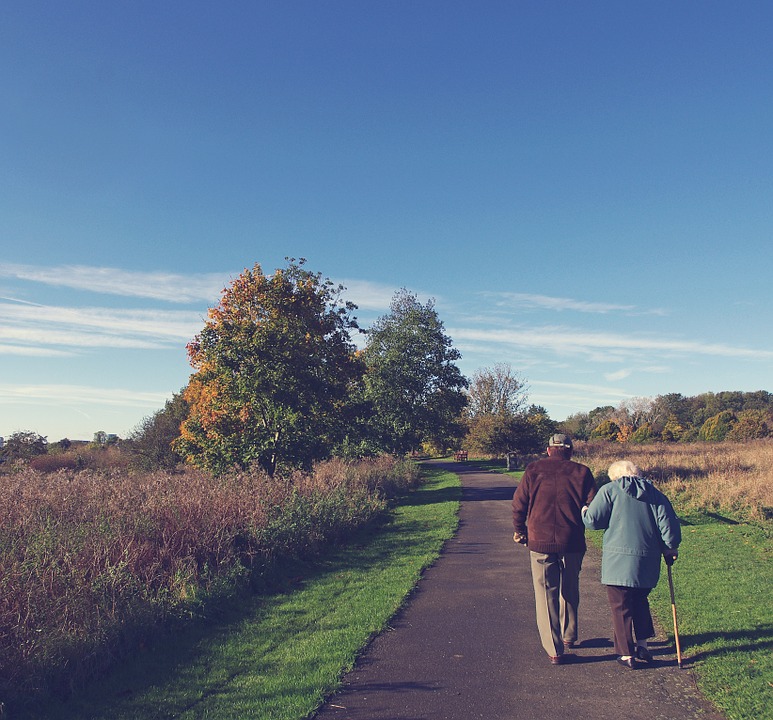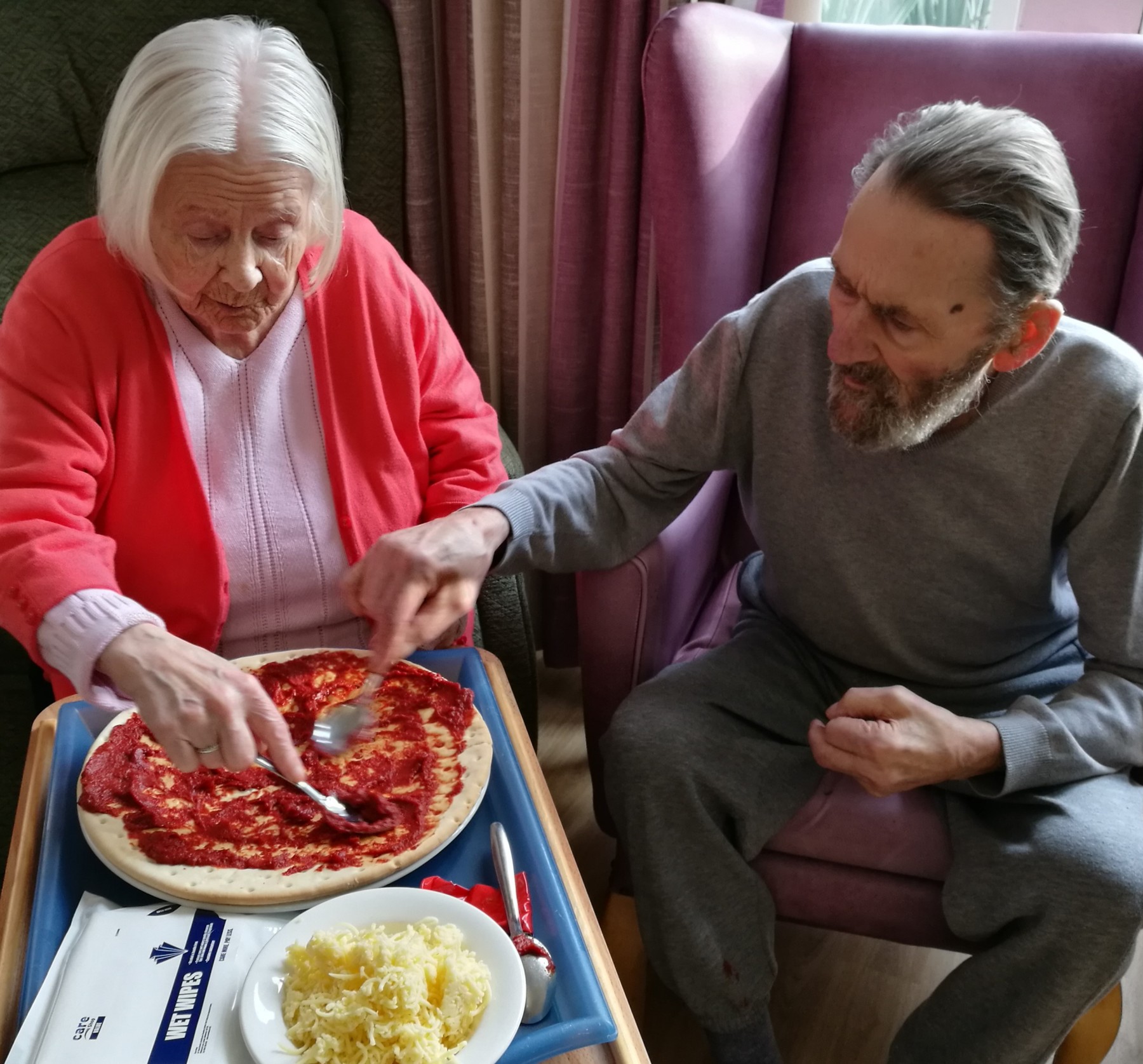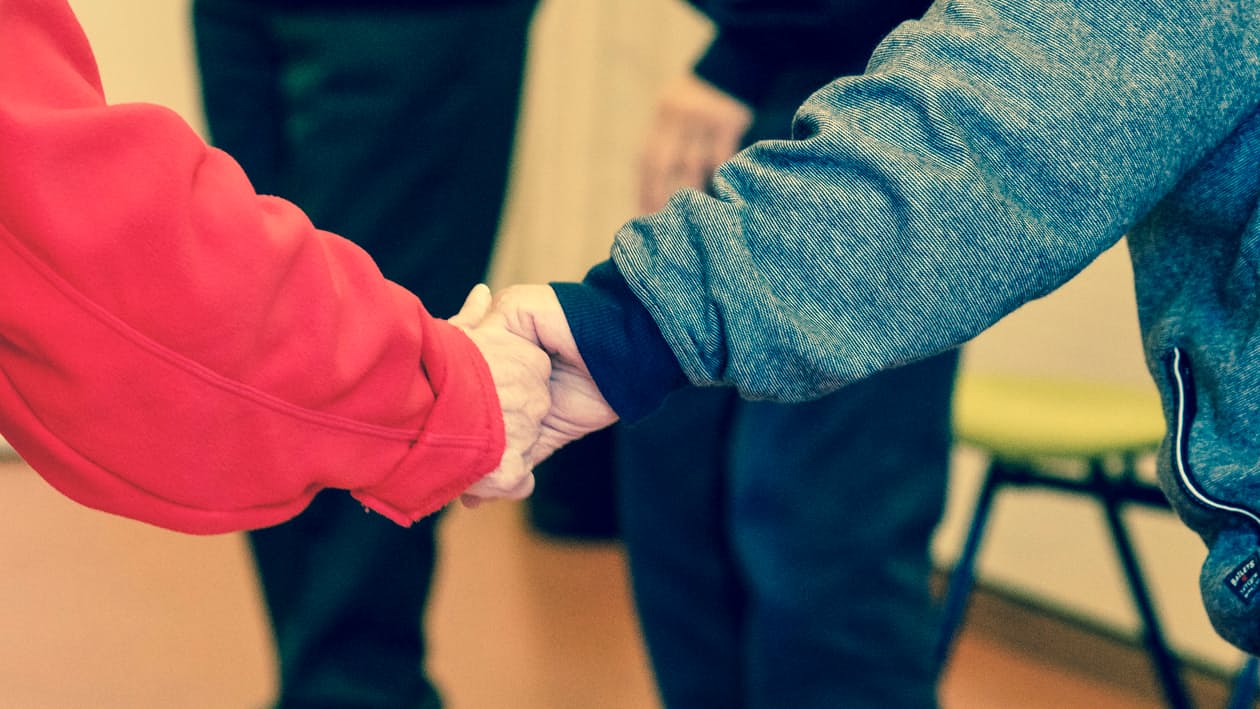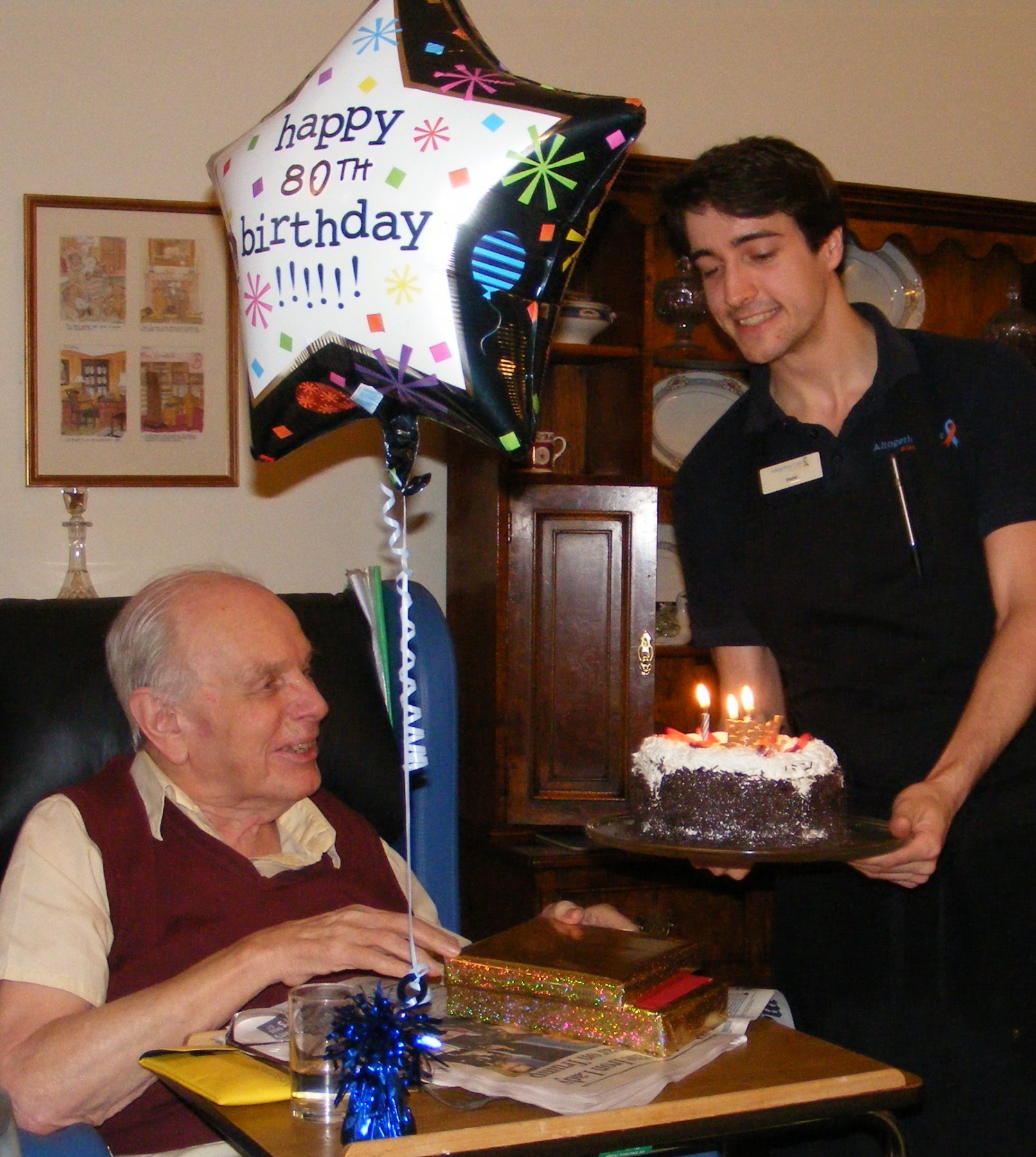Until somebody develops effective treatments to prevent or control dementia it is going to be an increasing fact of life for many of us. Not just for the estimated one million plus people who are expected to develop the condition in the UK by 2025, but also the many more people who will be affected as family, friends and carers.
There’s little doubt that the general population would benefit by understanding more about dementia. This can only help take away some of the fear and stigma that unfortunately still surround the condition. It can also help us to build a society and environment that are more dementia friendly.
One thing people often get confused about is the difference between dementia and Alzheimer’s. Technically, dementia is a syndrome. That means a group of symptoms that don’t necessarily have the same cause. In the case of dementia, the symptoms relate to reduced ability in areas such as memory and reasoning. Different people experience dementia in different ways.
Alzheimer’s is the most common cause of dementia. It is believed to account for between 50 and 70 percent of cases. Although recent research suggests that many people thought to have Alzheimer’s may, in fact, have a newly discovered type of dementia-related illness called limbic-predominant age-related TDP-43 encephalopathy, or Late.
Dementia can also result from other conditions such as Parkinson’s and Huntington’s, and can be caused by strokes, vascular diseases, depression and chronic drug use.
Understanding Dementia
In many practical ways, the exact cause is less important than understanding how dementia can affect people’s ability to relate to the world and people around them, how it might affect their behaviour, and how best to make life for people with dementia more inclusive and less stressful. This can only come from greater knowledge and being more comfortable about discussing the issues that surround dementia.
Care homes that specialise in dementia care, such as Sherborne House in Dorset, will clearly have a greater role to play as the population ages and more people are affected. But we all have a part to play by being more understanding about a condition that a significant number of us will be affected by – directly or indirectly.

